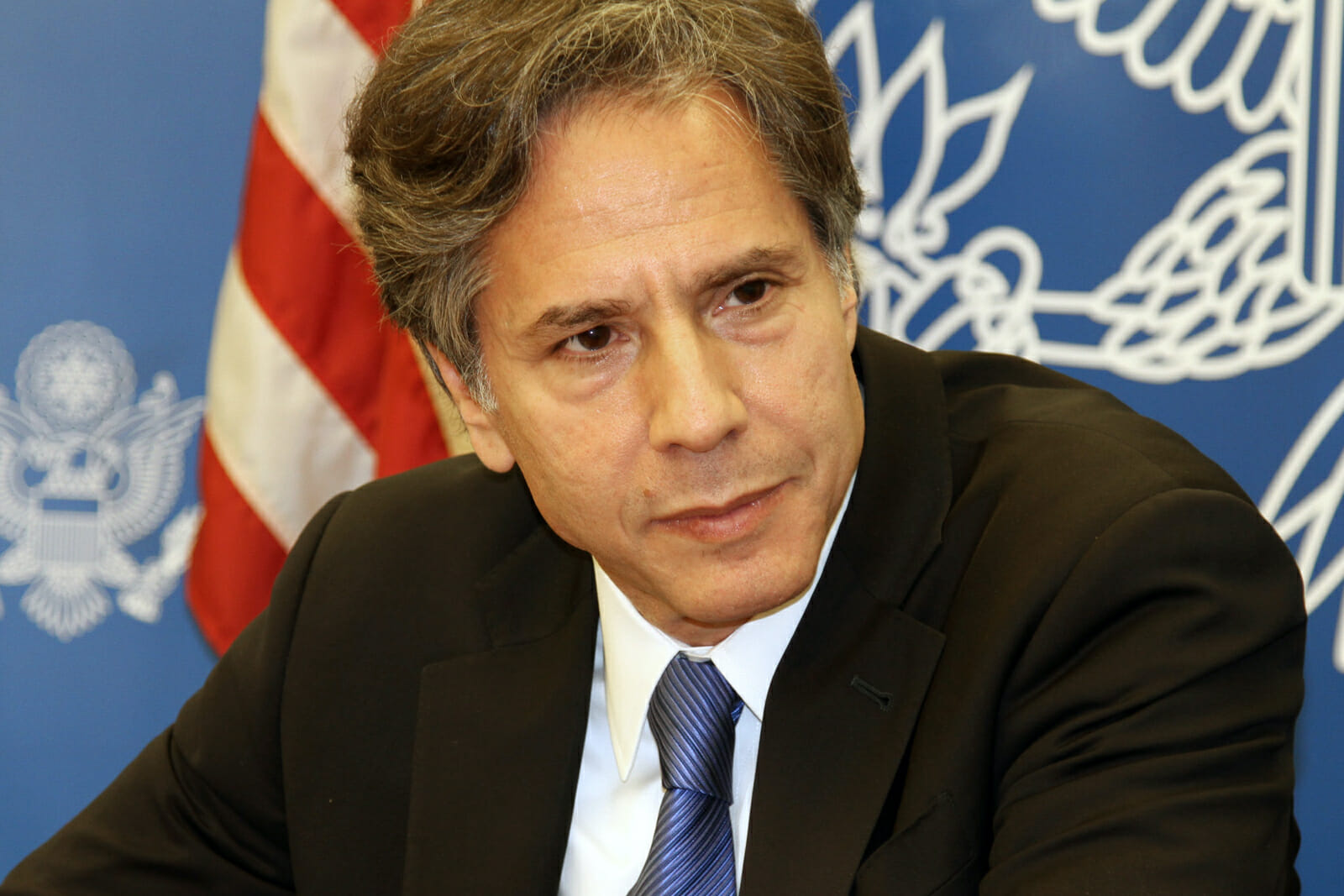
The Biden Administration and the Middle East: Back to the Future
New presidential administrations in Washington always face the unenviable task of balancing their own approaches to U.S. foreign policy with longstanding American strategic priorities, while sometimes providing course corrections considering recent deviations. For the Biden administration, expectations are high, given what has been perceived as the myopic and ideologically driven measures taken by the prior president and his diplomatic team.
Recent statements by former Secretary of State Mike Pompeo regarding the Biden White House’s Middle East policy create more confusion than clarity, as Washington operates with one administration at a time, with great, if not total deference to its current officeholder. It is both unhelpful and problematic for former officials to suggest that the United States is intent on weakening or endangering regional allies, despite decades of carefully crafted relationships that have withstood tumult and tribulation alike. The Biden administration appears interested in developing a regional strategy that is less transactional and tactical than the past four years, ergo acknowledging the futility of short-term fixes or financial gains.
In addition, the Biden administration recognizes that the Middle East has changed dramatically in the past two decades, let alone the past four years. The emergence of relatively new pretenders to American influence in the region like Russia and China pose new challenges for Washington. And yet, these developments also allow for new opportunities for American engagement.
A common rhetorical flourish that emanates from national capitals is the phrase, “All options are on the table.” The converse, by definition, is also true: no options should be excluded. The Biden administration is best enabled without a series of arbitrary and unhelpful preconditions being imposed upon it. Oftentimes, these “requirements” come in the form of demands by interest groups that have limited scope and success beyond their own parochial pursuits.
During the Cold War, the U.S. strategic defense approach was the nuclear triad: ICBMs, strategic aircraft, and nuclear submarines. Today’s strategic triad for Washington ought to prioritize diplomacy, military options, if required, and strategic security collaboration. The Biden administration is already demonstrating a commitment to the first two; it would do well to engage further on existing initiatives such as the Riyadh-based Islamic Military Counter-Terrorism Coalition (IMCTC), especially its vanguard focus on curbing cryptocurrency financed terrorism.
A comprehensive approach to the Middle East does not necessarily mean that all interested parties must be at the proverbial table at all times; in fact, the Biden administration should revive the “shuttle diplomacy” model that was effective in reducing regional tensions during the 1970s. Secretary of State Antony Blinken is a seasoned career diplomat who has strong relations with many of the key players in the Middle East and can leverage them to maintain confidence in U.S. policy and long-term commitments to their security concerns.
As the Biden administration moves past its first 100 days in office, significant measures have already occurred, in characteristically subtle and nuanced ways, to affirm America’s traditional approach of resisting impetuous and ideologically driven measures in the Middle East which have, sadly, caused far more harm than good. Commitments to longstanding relations with regimes demonstrate that Washington works best when it engages with national capitals, irrespective of individual rulers.
The U.S. also understands multilateralism is a far more effective and realistic strategy than solo ventures. Understanding its place and leadership in broader coalition-based agreements, the Biden administration has exhibited its interest in reengaging with Iran to reduce nuclear proliferation in the region. This should not be seen as a return to the Obama-directed JCPOA, but, akin to a computer software update, a chance to learn and build upon the architecture of the original accord. Washington recognizes that the Trump administration’s unilateral withdrawal from the JCPOA along with its questionable decision to intensify sanctions did nothing but draw Tehran more closely toward Beijing for greater economic and strategic cooperation. The White House has also learned that Iran will not react irrationally or excessively to provocations like the assassination of Qassem Soleimani in a manner that would justify a military response from the U.S. or its regional allies.
A lesson to be learned from the past two decades is that the United States is now assuaged from the burden of being the world’s sole superpower, especially in the Middle East. At the same time, it does have the longest sustained relationship with the various actors in the region, who, like it or not, appreciate the familiarity that comes with a protracted history, provided it returns to a consistency of strategic rather than tactical or temporally expedient solutions.
U.S. foreign policy in the Middle East has always been strongest when it has involved as many stakeholders as possible. At its best, Washington engaged the region through a lens of realism and attainable goals, including the paramount objective of stability and security, for itself and the area’s various actors. It succeeded in doing so by stubbornly keeping its strategy well ensconced in the policy world, not the political arena. American national security interests, and indeed the security interests of Gulf actors, are best achieved through a healthy combination of policy consistency and adaption, rather than ideologically driven political arbitrage.

